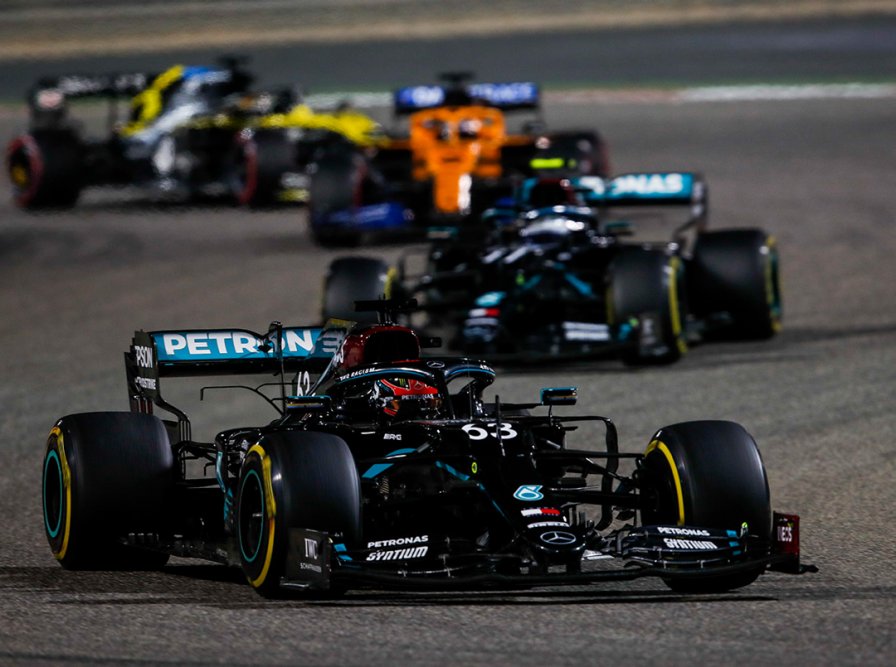George Russell didn’t win the Sakhir Grand Prix on Sunday. But he smashed the reputations of several other drivers while enhancing his own, and he confirmed just how big a role the car plays in the overall Formula 1 equation.
With seven-time World Champion Lewis Hamilton sidelined from the Mercedes-AMG team due to COVID-19, Russell stepped into this year’s championship winning car and turned in a performance that Hamilton himself would have been hard pressed to emulate.
Russell, whose best results in 36 prior F1 races with the Williams team include qualifying 12th and finishing 11th on several occasions, put the Mercedes on the front row, just 0.002 second off the pace set by teammate Valtteri Bottas. Russell then won the drag race to Turn 1 despite starting on the dirty side of the track, and he appeared to be in control of the race until circumstances and an uncharacteristic mistake by the usually rock-solid Mercedes team relegated him to an unrepresentative ninth-place finish.
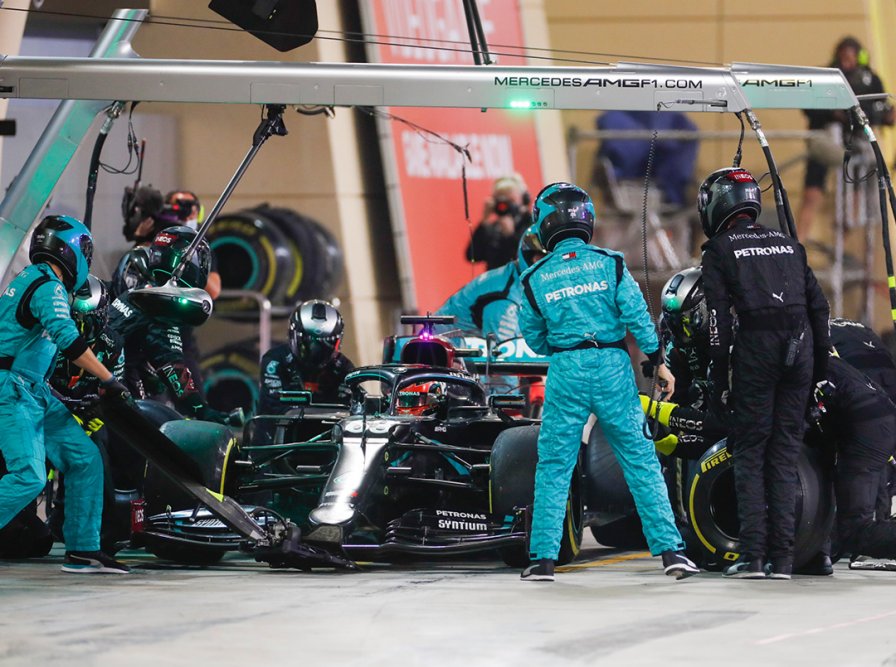
It’s not like Russell slotted in totally out of the blue. While he normally races for Williams, he is an official Mercedes reserve driver and he has tested the car on several occasions. But it was still a stunning display that demonstrated what can happen when a previously unheralded (and obviously talented) driver is given an opportunity in the best car on the F1 grid.
Russell pretty much made Bottas look like a chump, and immediately sparked questions about whether Hamilton is worth $50 million a year to Mercedes when a guy being paid maybe 3 percent of that by Williams looks capable of producing a similar level of performance.
Of course, there’s no way of judging how Russell would have stacked up against Hamilton in a similar car on a race weekend. But the unique opportunity for a direct comparison with Bottas certainly ramped up the intrigue about the future Mercedes driver line-up, with Hamilton currently out of contract, Bottas locked down for just one more year, and Russell already assumed to be in line for his seat in 2022.
It’s a given that Mercedes will sign Hamilton to a contract extension, but Russell’s drive at Sakhir must surely cause the Daimler-Benz board to question how much value (beyond the obvious promotional value of a seven-time World Champion) they will be getting by continuing to make Hamilton one of the most highly paid sportsmen in the world.
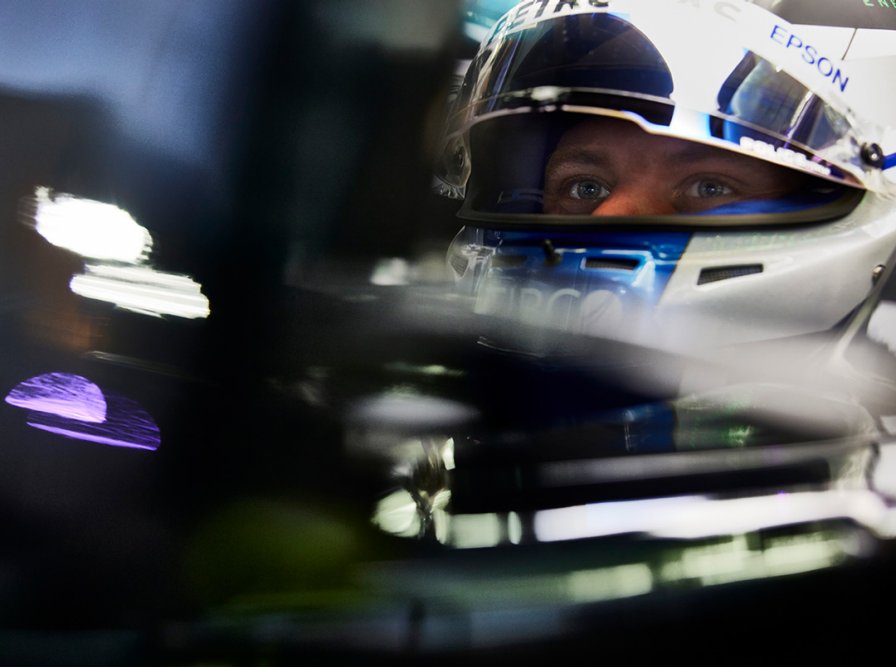
A more pertinent question is whether Mercedes would consider pushing Bottas out and immediately elevate Russell from Williams to the works team alongside Hamilton in 2021. Mercedes-AMG team principal Toto Wolff quickly tried to quell such speculation. “I can understand that it would be an interesting situation, both in the team and maybe a bit of a wild ride for all of us,” he admitted. “Maybe we’ll have that in the future.”
Since the start of F1’s hybrid era in 2014, Mercedes has demonstrated an unprecedented dominance of the sport, with the majority of the laurels garnered by Hamilton. Mercedes finished 1-2 in the standings from 2014-16, with Hamilton triumphing over Nico Rosberg in 2014 and ’15 before Rosberg turned the tables in 2016 and sensationally retired from driving. Bottas was brought in as his replacement.
Hamilton generally had the upper hand over Rosberg, but it was a close and often bitter battle. By the end of the 2016 season, there wasn’t much love lost between the pair, and Rosberg took great satisfaction in finally vanquishing his life-long rival, then walking away.
Hamilton has a much more harmonious relationship with Bottas, in part because his new teammate doesn’t beat him or run him close as often as Rosberg did. In the 59 races run between 2014 and ’16, Hamilton won 31 races to Rosberg’s 20. Rosberg claimed 26 poles, four fewer than Hamilton in that timespan.
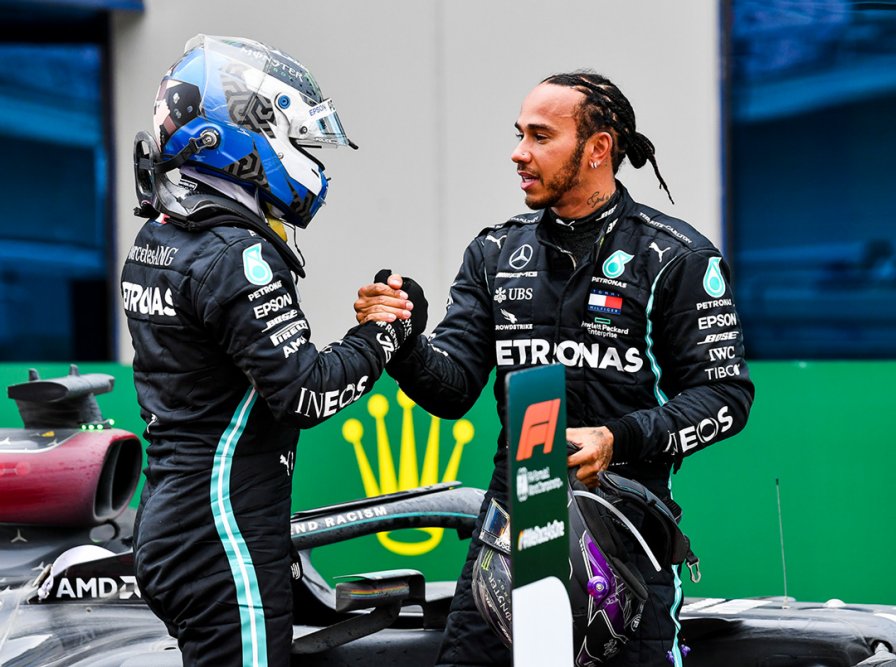
Bottas, by comparison, has been Hamilton’s teammate for 76 races. Hamilton has earned 37 poles to Bottas’ 16, but is in a league of his own in race conditions, winning 42 Grands Prix (and four more championships) over those last four seasons. Bottas won nine times and finished as low as fifth in the standings in that period.
Russell stepped into the champion’s Mercedes, and much like Hamilton, he outperformed Bottas. While Bottas made a bad start and arguably created the circumstances that knocked out Max Verstappen and Charles Leclerc just a few corners into the race, Russell built an 8-second lead and looked comfortably in command until an untimely Safety Car and the Mercedes pit stop gaffe.
“For us, it was a colossal fuck-up. I can’t watch these pictures,” declared Wolff in a post-race television interview. But even after the team error dropped him to fifth place with 20 laps remaining, Russell quickly moved up to second, including an authoritative pass of Bottas (who was admittedly on inferior tires). His quest for a fairy tale victory was denied by a punctured Pirelli tire. Instead, we had another first-time winner – Sergio Perez – and Russell got the small consolation of fastest lap and his first F1 World Championship points.
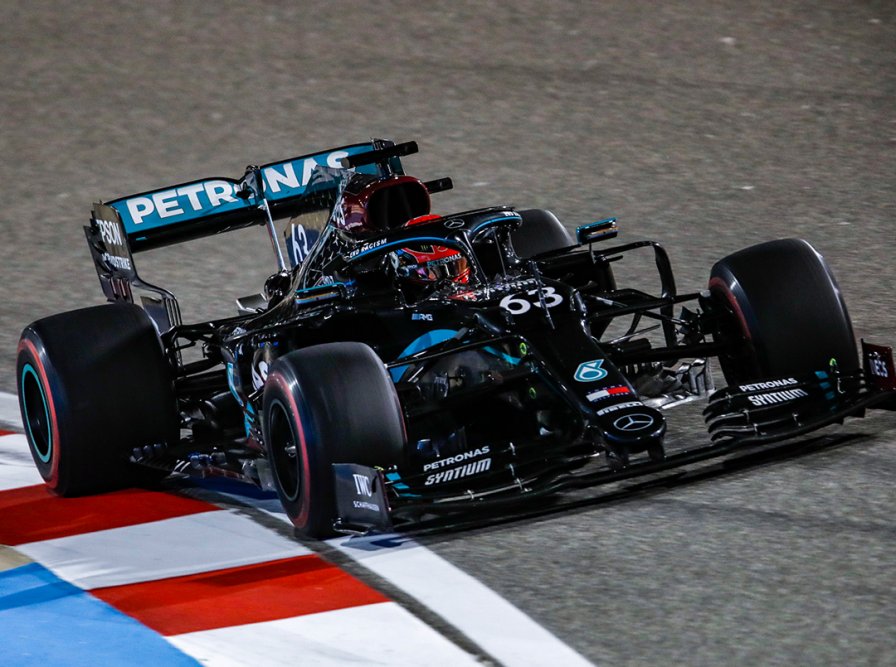
On paper, therefore, Bottas started from pole and finished eighth in the Sakhir GP, just ahead of his teammate Russell, who qualified second and finished ninth. What actually transpired on track told a different story. And Wolff knows it. “Today, a star was born,” he said.
Aside from creating an incredible amount of intrigue about the future Mercedes driver lineup that will comfortably carry F1 through the offseason, Russell’s performance again ignited the age-old ‘is it the car or is it the driver?’ debate.
Of course, the answer is always a combination of both. But Formula 1, more than any other form of motorsport, is heavily slanted toward the car side of the equation. More often than not, the F1 championship is decided between the two teammates driving the best car of the era, especially when a team is brave enough to pair two top drivers as ‘equal number ones.’
Single team domination can be traced to Mario Andretti’s championship season of 1978 and has been prevalent since the mid-80s. Teammates have finished 1-2 in the F1 standings sixteen times since Niki Lauda, Alain Prost, and McLaren-TAG crushed the competition in 1984. Through eras of McLaren, Williams, Ferrari, and finally Mercedes domination, a single team almost always rules the roost.
When the best driver is matched with the best car – Prost, Ayrton Senna, Michael Schumacher, Hamilton – the record book is rewritten. Those champion drivers share one key common characteristic: the ability to build every element of a team around them. That often includes influencing (or outright dictating) who is in the team’s other car.
There’s a history of antagonistic relationships in F1 that demonstrates the damage they can cause to a team’s chemistry, morale, and ultimately, results. Hamilton discovered that in his rookie season of 2007, when he and McLaren teammate Fernando Alonso conspired to lose the championship to Ferrari driver Kimi Raikkonen.
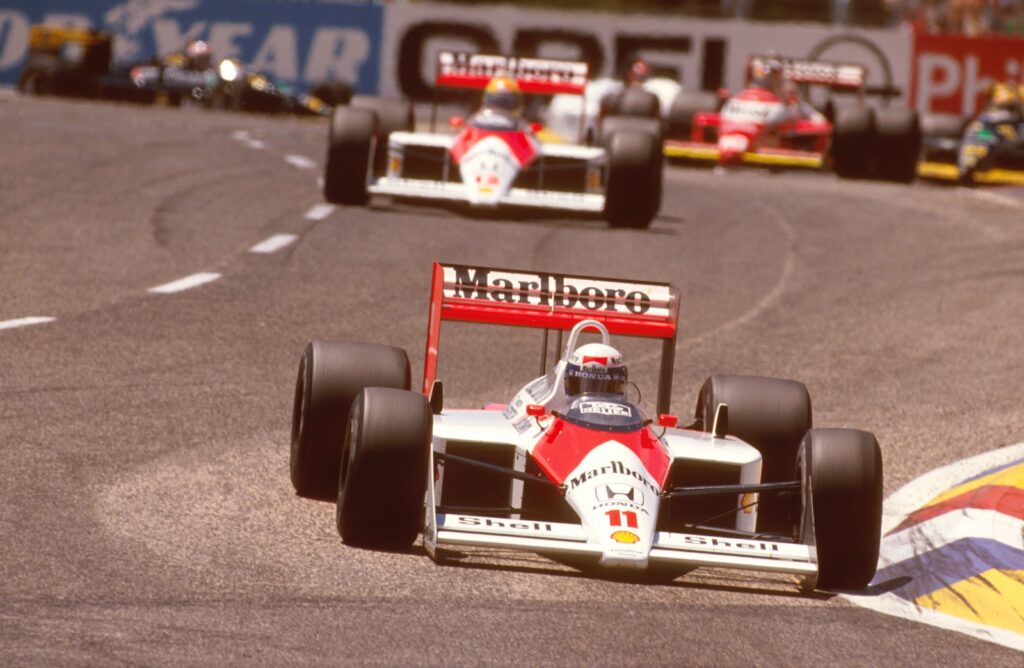
It was the first sign that, much like his hero Ayrton Senna, Hamilton isn’t much of a team player. Similar to Schumacher, another ruthless champion, Hamilton prefers a subservient teammate who is good enough to beat the other competition, but easily handled in-house.
Unlike the combative Rosberg, Bottas fits that role to a T. Based on the early evidence, it’s easy to surmise that Russell would run Hamilton a lot closer than Bottas is capable of. That would be great for F1 as a whole, but could cause a headache for Hamilton – and for Mercedes, which will probably finish 1-2 in the standings in 2021 no matter who is driving its cars.
With Mercedes likely to be F1’s dominant team for the foreseeable future, the prospect of Hamilton getting some fresh competition as soon as possible is certainly enticing for fans and series owner Liberty Media. It’s the kind of shake-up that F1 desperately needs, but sadly, it’s not likely to happen for another year.


